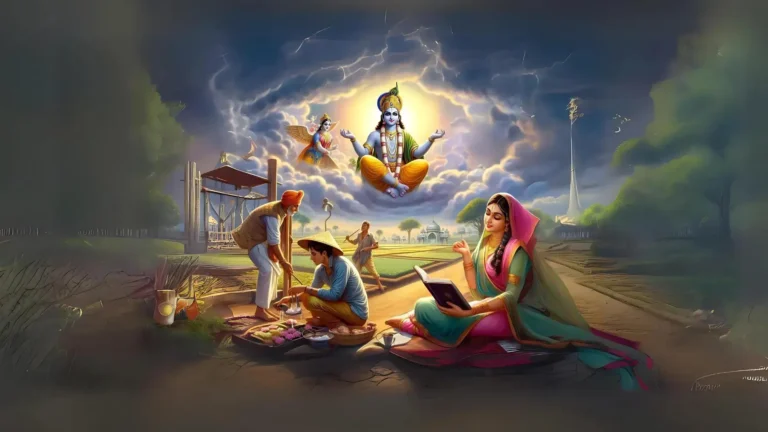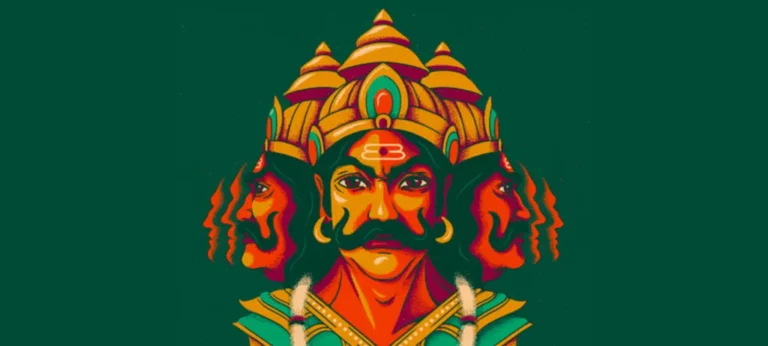Please Like the Blog and Share it for Maximum Reach
Table of Contents
The Question of Liberation
The Scriptures, at many places proclaim “One should have a son, in order to avail Liberation or Moksha.” In a Chapter of the Mahabharata, the Yaksha poses the same doubt to Yudhishthira, the eldest Pandava prince.
What is the significance of this statement? Now someone many say, “I have only daughters. Am I not eligible for Liberation?” Others may say, “I am old, but not married. I do not have sons or daughters. Am I not eligible for Moksha?”
Do none of these category of people qualify for liberation?
Liberation follows Grace
Liberation does not relate to things like having relatives or not. It relates to Truth. Liberation, one attains, through one’s perseverance on the path of Truth. When one becomes totally committed to the principles of Truth and transparency; that invokes Grace.
This is a statement of Truth. True as much as the Gravitation Law. Liberation results following the Supreme Being’s causeless Grace.
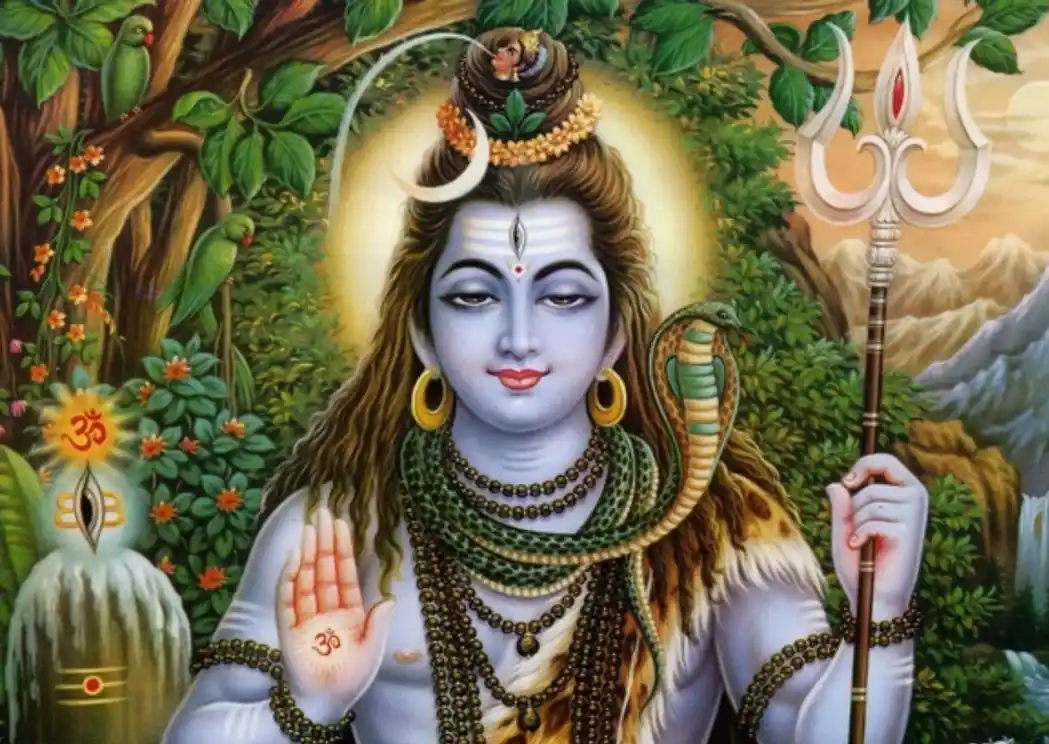
When one develops intense love and greed for the Lord, such Grace follows.
Our Relationship with the Lord
One must reach the firm conclusion that only the Lord is one’s True parent. None other than Him. The Lord worries for His children. His main objective is to unite with His eternal children. But the first step, we, His children must take, to make Liberation, a possibility. This step, one takes, through the process of Bhakti.

When one becomes successful in invoking Bhakti, Liberation shall automatically result.
Childlessness or Widowhood a Cultural Stigma
Usually the Indian society blames a couple who does not have children. Even today society blames a young widow. The Vedic Scriptures never sanction such behaviour.
Society blames Vedic Scriptures.
People level too many allegations on the Hindu community for such inequalities. Vedic Scriptures are books of solutions. At some places these allegations turn out to be true, in terms of our cultural practices, followed among the common masses, even today, but sans the spirit. So what is the use of such cultural baggage?
At other places, the spirit and the ritual makes complete sense, transcending the boundaries of the limited reach of scientific understanding.
A decline in the community’s morality is a major factor in driving the yawning gaps within society. People look at others but conveniently discount themselves. But demented minds interpret these solutions as the very source of the problem.
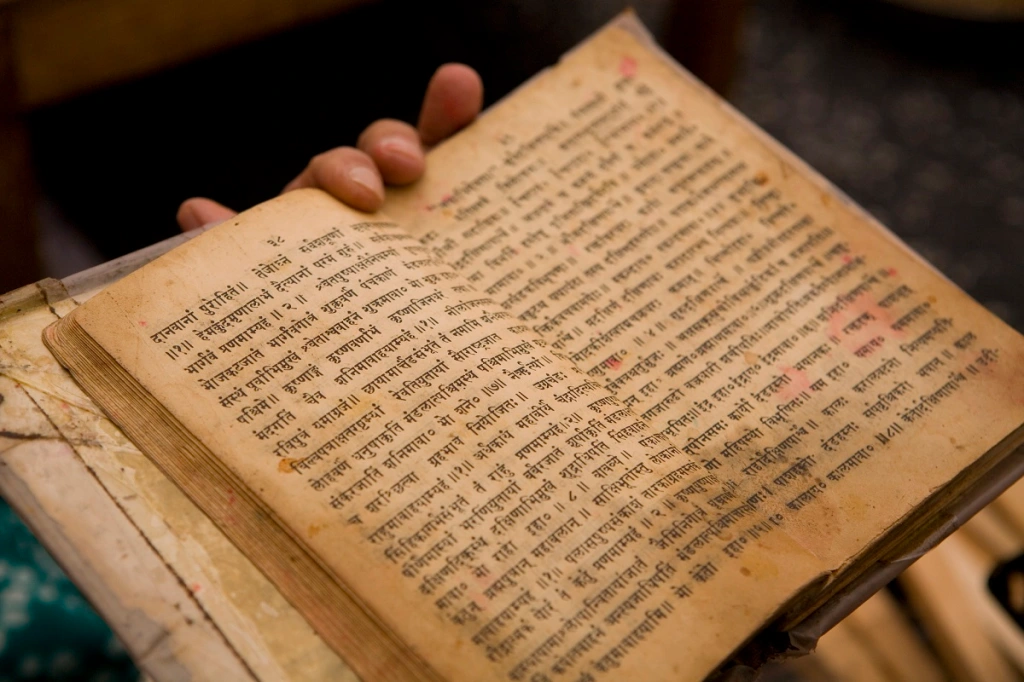
When morality declines, moral values which remain in Scriptures appear out of place and villainous. Such is the state of modern society.
Scriptures eulogizes Truth and Austerity without distinction
The Scriptures appreciate a Young chaste widow and gives her the position of Tapasvini (तपस्विनी a female hermit). This happens when the widow fights the challenges of life without the aid of male support, maintaining a high standard of values.
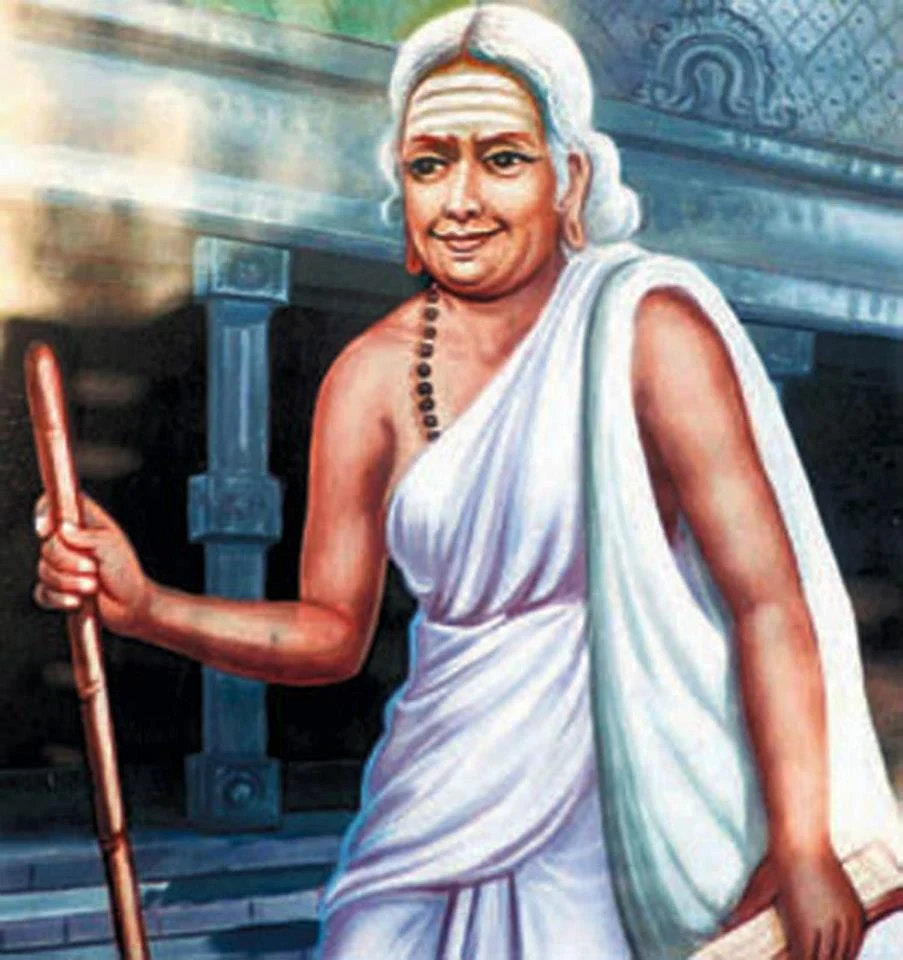
Her austerity and grit on the Line of Truth makes her worthy of worship. So proclaim the Scriptures.
Following Shastra in Spirit
The Shastra ordains certain Varna Ashrama Dharma formalities for male children.
Shastra recommends rituals to imbibe the spirit. If the intentions turn wayward, rituals lose all meaning. Scriptures carry meaning only when intentions power one’s actions. For example, at many places Shastras exhort that having a son is good.
When a son carries out his duties in accordance with the scriptures, in the right spirit, both the parents and the son benefit. But, if one carries out the instructions of Shastra without relying on intention and spirit, actions become dogmatic, puerile.
Dogmatic actions have no meaning anyway and only promote dry hypocrisy.
Concept of having a son
The Shastra never condemns people without sons. However a large section of rural Bharat has become blind. It regards the son as a gateway to Liberation. Most of rural India has lost its values. Yet it holds on to the empty philosophy of “having a son”.
A son can bring in a daughter-in-law and dowry along with her. This has become a villainous trend. Shastra is followed today as a means of exploitation. One forgets here, the spirit of Shastra. Even children offering Dandavat Pranam to parents is uncommon, these days.
Shastra recognizes Truth; not so-called Culture
One should understand that having a son or not having a son results from past Karma alone. Society cannot force the need for a son on a woman or on a couple. If society penalizes a childless couple or a woman, Shastra directly points out to this as a sinful flaw and no less.
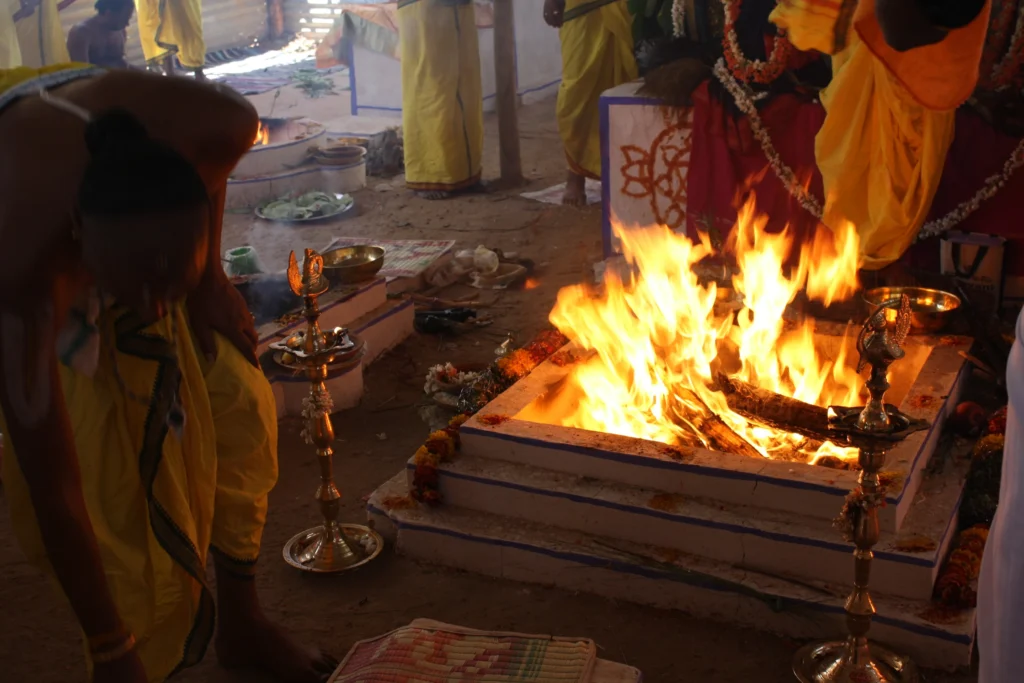
The Scriptures recommends a son so that the family follows rituals in the deeper spirit. A son should perform purificatory duties to the gods and the departed parents and forefathers. He should offer oblations to the forefathers once a year and should visit Gaya and offer oblations.
Test your Alignment with the Spiritual Subject Matter (only 7 Questions)
The scores generated in this Quiz are relative. There are no right or wrong answers. A percentage towards 100 indicates that you are more aligned to the overall subject matter.
Good sons mean a good population
Shastra is not documented by Sri Veda Vyasa for the sake of an individual, for only a certain class or community. Shastra instructs humanity in totality.
An obedient son serves his parents and the society in the mood of a servitor.
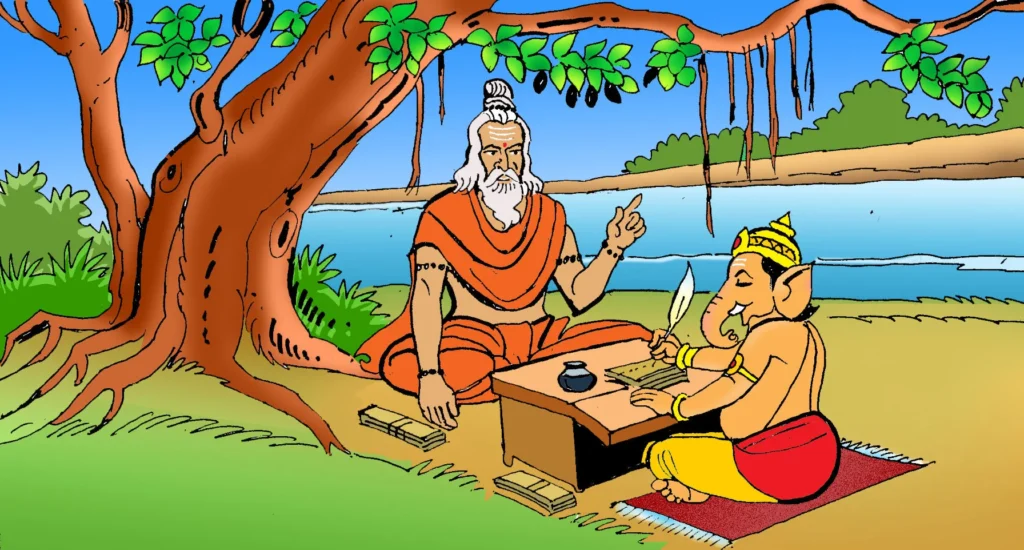
When one outgrows one’s limited selfishness alone, can one graduate to becoming a good citizen. The goal of Shastra is to inculcate values steeped in self-respect and surrender. Scriptures purport only “Tyaga”, or renunciation of “I and mine”.
The man of the house, who has etched this dictum of Shastra in his heart, is a good son, working for the larger good.
Parents who pray thus, “Oh Lord, let us have this same soul as our son, in every life” are fortunate ones. No one prays thus, unfortunately, in today’s world. Parents remain steeped in selfishness and so do their sons. This is the unfortunate state of today’s world.
Parents should be dutiful and nurture values.
Just giving birth to a son does not lead to fulfilment. Real fulfilment, one attains, only when the son attains maturity and wisdom. A dutiful and understanding son is one who establishes Dharma in his own household.
If that becomes the case, why should one worry about the nation? The Nation is automatically taken care of. The responsibility of nurturing the son, mainly lies with the parents. Parents should think and act wise, follow Shastra, understand Dharma and live by it. Setting the right example is the hallmark of right education.
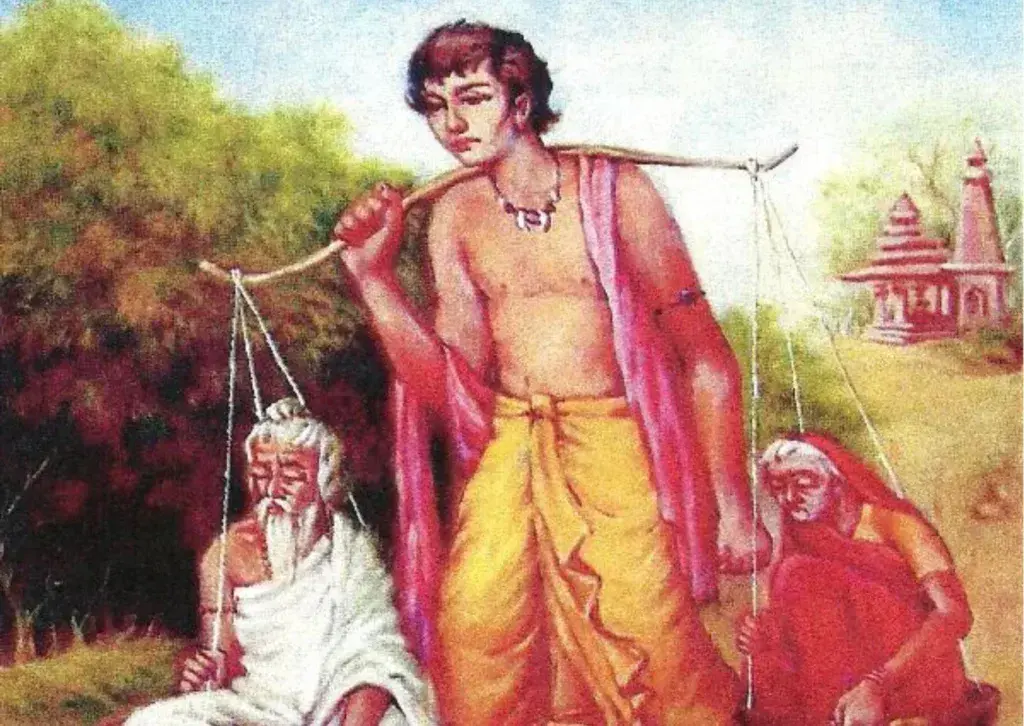
Both, parents and the child should work towards elevating the position of Dharma in their lives. Procreation by itself is an act of lower animalistic tendency, nothing more.
Only mixed with prayer and duty, might the act of procreation have some relevance. Otherwise what differentiates men from cattle?
Please Like the Blog and Share it for Maximum Reach



